Black Girl (Stage) Magic: In Conversation with Red Velvet‘s Cherissa Richards and Starr Domingue
Ira Aldridge might be the most influential unknown actor in theatre.
As a young African-American with a devotion to theatre, Aldridge moved to England following racist attacks as a part of the African Company, the first Black theatre company in America. Aldridge made his debut as Othello at London’s Theatre Royal in 1833 — in the midst of controversy over the abolition of slavery — to critical pans and managerial rejection.
Going on to maintain a successful career across Europe, Aldridge’s story has been brought to life nearly 180 years later in Lolita Chakrabarti’s Red Velvet. Following a 2012 premiere in London, Red Velvet is now making its Canadian debut at Crow’s Theatre, directed by Cherissa Richards in her Toronto directorial debut.
Richards had initially pitched the play to Chris Abraham, artistic director of Crow’s, following her win as RBC’s Emerging Director in 2021. “I actually discovered Ira Aldridge as a theatre student in my undergrad [while] I was doing a paper on Black theatre history. And I was just so surprised and shocked that I had never heard of this man before,” she said in an interview.
“This is a free Black man in 1830s America who decided to follow his passion and go to England and be a big Shakespearean actor. And he had incredible success across the continent,” continued Richards. “He is probably one of the most prolific artists of the time, and certainly the most prolific Black artist of the time, and we know nothing about him! He’s nowhere in our history books. We don’t know about him in our theatres. He’s barely ever spoken about and I think that really fueled me when I discovered this play. It reignited my passion for wanting to tell the story and I just think the way the playwright has depicted him and told his story through the play is just beautiful.”
Starr Domingue, who stars as Connie in the play, is excited to bring history to life and enamoured with the writing of the play. “I think Othello is one of Shakespeare’s plays that gets re-envisioned a lot. And I think there’s a really big reason why that happens. I think that a lot of playwrights and people in general, feel like the story isn’t it doesn’t unfold the way that we as people of colour might want it to unfold,” she said in an interview.
“What I love about Red Velvet is that there are such great parallels between Othello’s story and Ira’s story,” explained Domingue. “One of the most important things that we need to show people, in general, is that the characters within the play are all three-dimensional — including Ira, including Connie, who I play. I think that every single person gets an opportunity to show the beautiful sides of their character and the ugly sides of their character.”
For Richards and Domingue, Red Velvet is a story about the celebration of Aldridge’s life and career rather than recounting his struggles and demise, which a lot of Black media is prone to portraying.
“Ira Aldridge was a classically trained African-American [actor] in the 1830s. At fourteen years old, he was playing King Lear,” recounted Richards. “We have these theatre greats that have trained in classical theatre and to see that our history goes so far back. And that we have a place in all of these annals of history in Shakespeare and theatre, [we know] that we can tell any kind of story because we’ve been there from the beginning.”
This production of Red Velvet premieres in a time of a shifting political atmosphere, not only in Canada, but around the world. Domingue finds Alridge’s story not only inspiring but asks the important question regarding the performance of the play — if not now, when?
“I mean, we are currently in an age of us trying to change the world. Let’s change it, let’s actually change it,” she said. “There’s something that keeps stopping us from achieving what we [as Black people] want to see on our stages. I think that the stage [and] the audiences are ready for this,” said Domingue.
“Charles [Kean] in the play says, ‘We want theatre to reflect our people’. Well, I’m a Torontonian. I was born and raised here. Why am I not seeing myself on stage?”
Richards praised the insightful view the play takes toward its complex characters and is very excited to bring them to life on stage.
“It’s a story of brotherhood. It’s a story of love and passion. That’s when we get [the] bonus of being able to learn about this great man. But ultimately, that’s the story that’s so exciting about this play.”
Red Velvet runs at Crow’s Theatre November 22 through December 18, 2022.


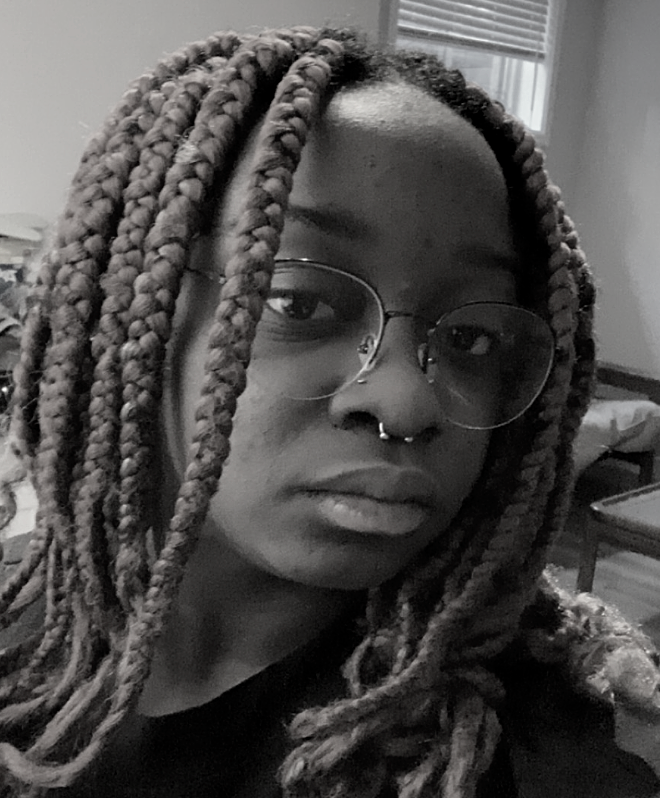
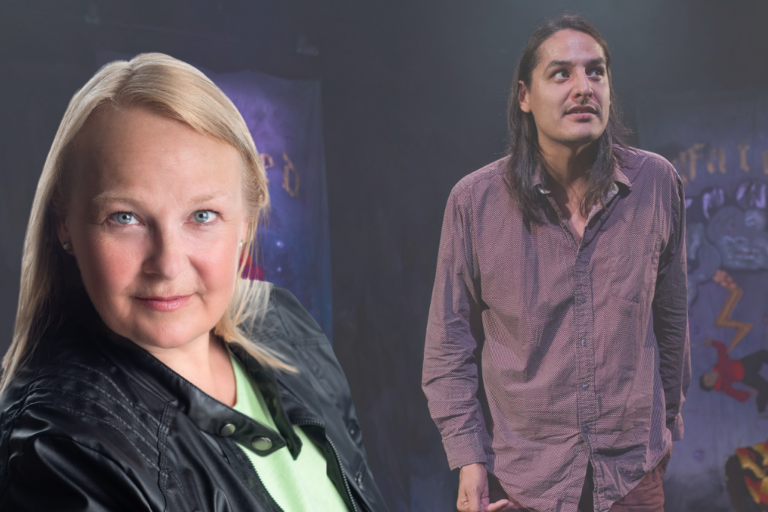
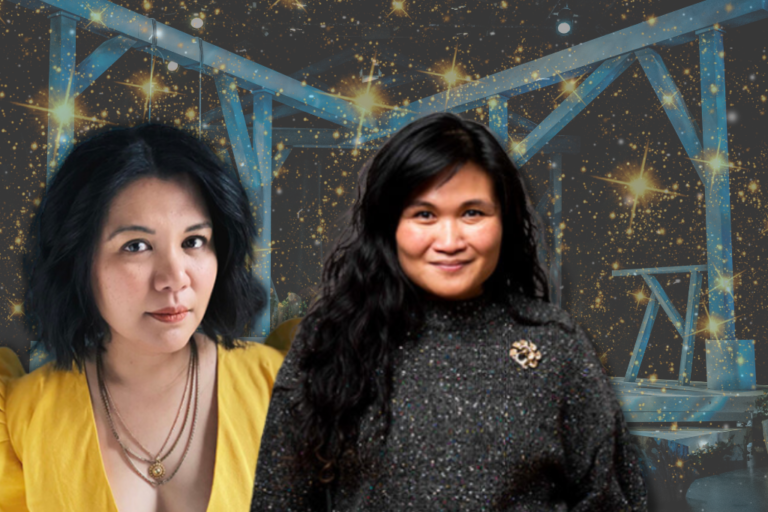
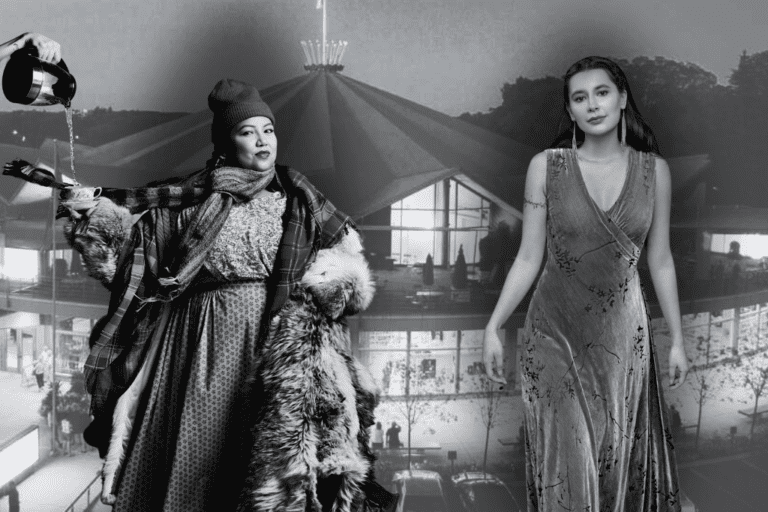

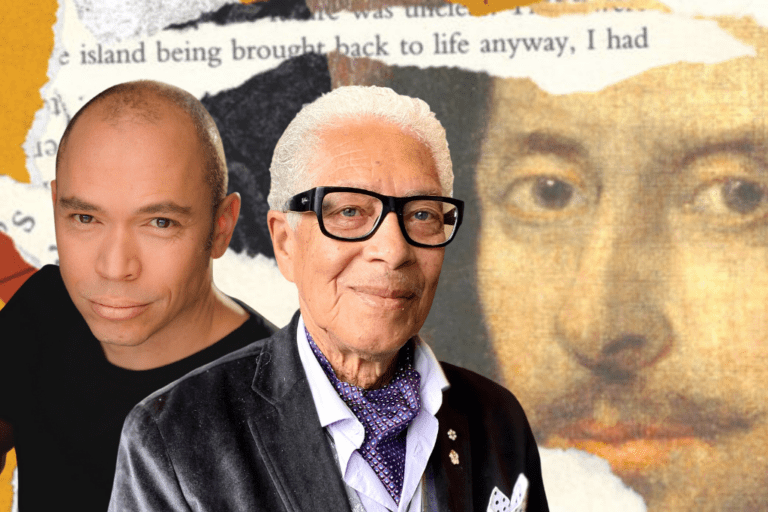
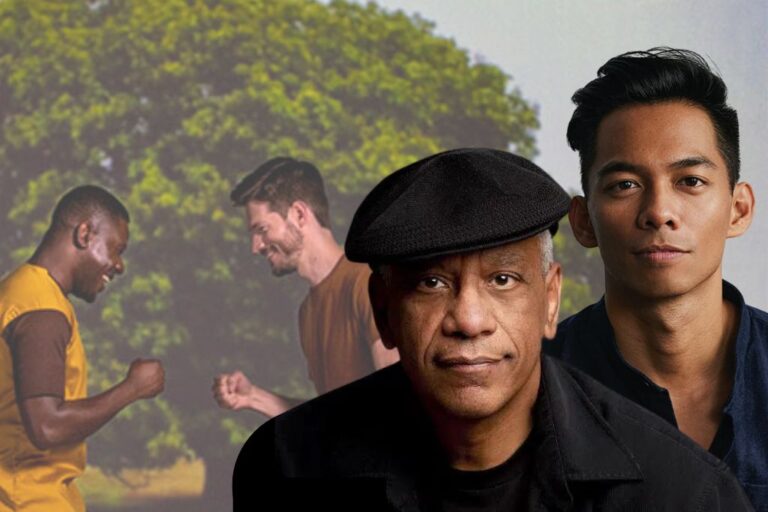

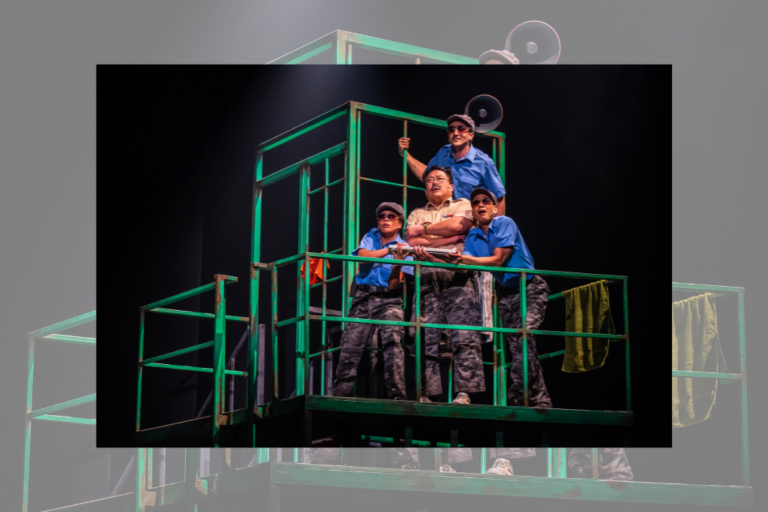
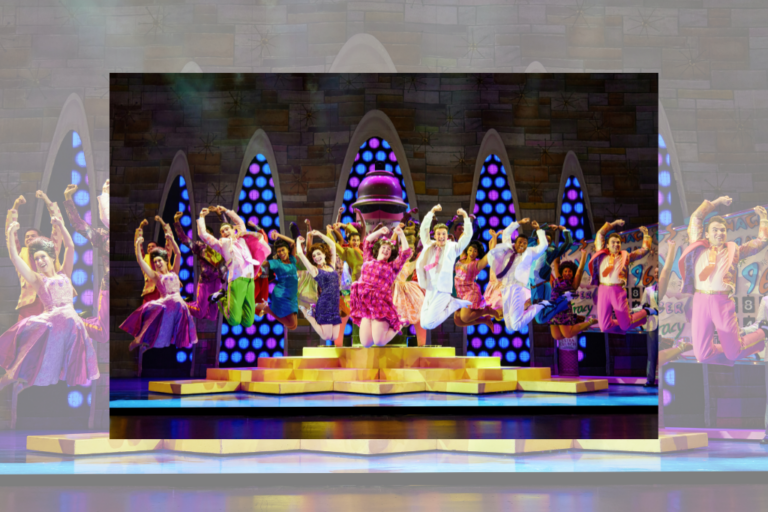
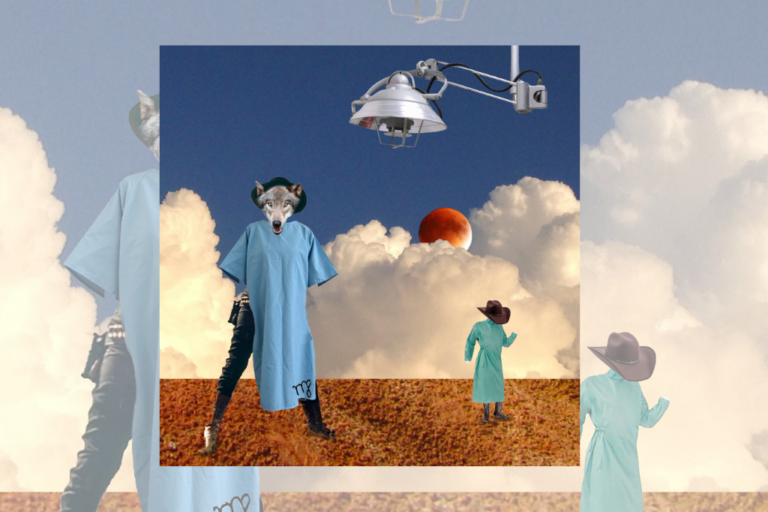

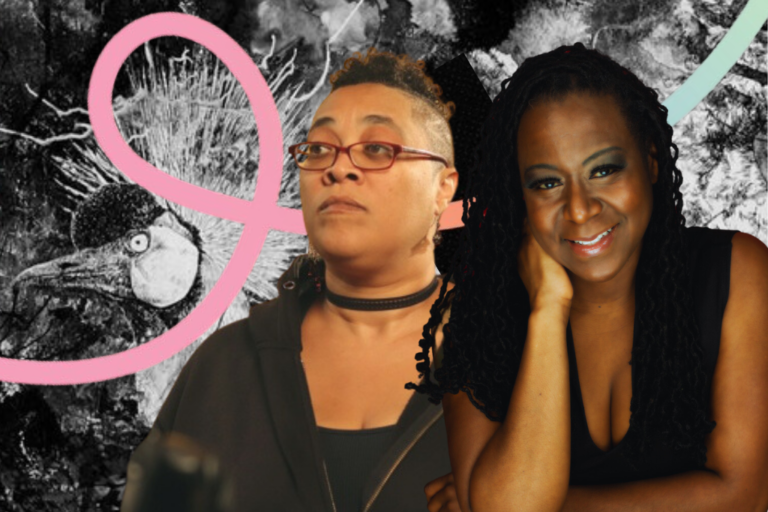
Comments